There is an increased focus of food and beverage manufacturers on specialized functional products. In recent years, the focus of the industry leaders is to combat food allergies. For food companies consumer safety and improving the quality of life of consumers are becoming a new meaning. For this, companies are adjusting their business strategies.
Useful Choice
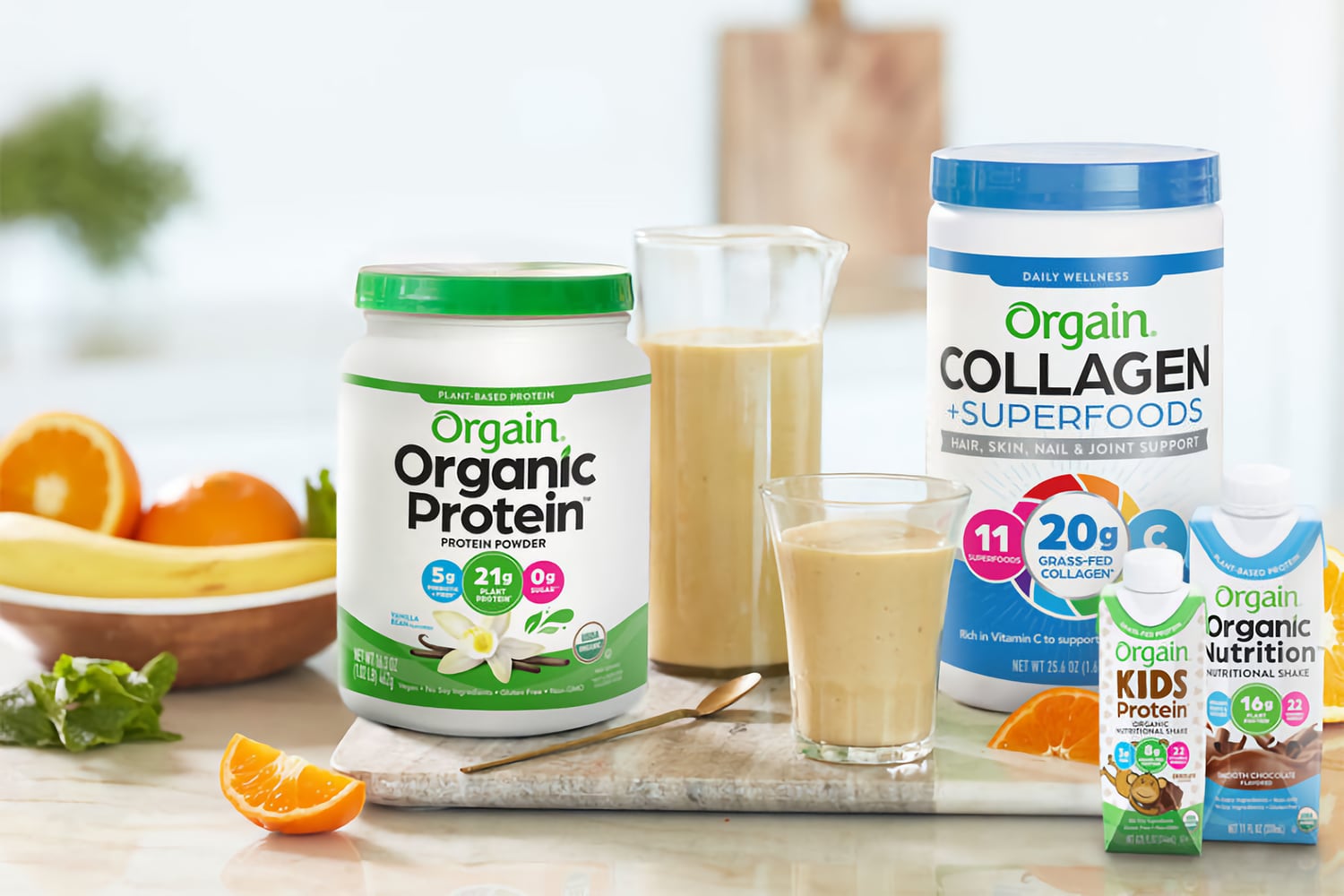
Food giant Nestle SA’s business unit, Nestle Health Science, since 2011 has been investing heavily in nutrition brands such as Nature’s Bounty, Nuun and Vital Proteins. The interest in the categories of medical nutrition and pharmaceuticals from the food industry leader is not accidental.
Nestle Health Science sales are 6 billion Swiss francs ($6.24 billion) last year. And the portfolio structure of Nestle Health Science, similar to Nestle’s coffee business, consists of super-premium and first-class brands. In addition, all three companies in the portfolio are growing by double digits.
Nestle is not just diversifying its product portfolio with high-margin brands. The food giant has focused its attention on the segment and companies that are seriously engaged in the study and production of specialized products to combat various types of food allergies — the
Gordian knot of modern civilization. And the company is willing to spend a lot of money on it.
Historically, Nestle’s total capital expenditure has been between 4% and 5% of sales. Last year they were about 6%. In 2022, the company intends to spend about 7%. Considering that total sales for the first half of 2021 amounted to $41.6 billion (for 6 months of 2020 — $45.49 billion), the amounts are impressive.
Costs will remain high until the beginning of 2024, the company comments, thereby confirming that by this time the M&A strategy will be fully implemented. It is interesting to see what objects are chosen by Nestle for development in the coming years.
Currently, the focus of the food market leader is focused on products to combat food allergies. And this interest is not accidental.
Problem of the century
The increase in the number of patients with allergic diseases, which are based on food allergies, today has become one of the leading problems of the 21st century. The spectrum of allergens responsible for the development of food intolerance is constantly growing. And some allergists seriously argue that in this way nature takes revenge on humanity for interfering with the environment. But if we discard the «universal conspiracy theory», the situation in which humanity finds itself is comprehensive and unenviable.
A few years ago, the World Health Organization dubbed the new century the “allergy century,” and the disease itself was classified as an epidemic. According to WHO, by 2025, 50% of the world’s population will suffer from this disease.
According to the World Allergy Organization, allergy sufferers in some countries already account for up to 40%. In Denmark and Canada, for example, 30% of the population suffer from this disease, in Germany — 40%. In the UK, according to internal estimates, the figure is even higher, with 44% of adults suffering from at least one type of allergy.
The researchers calculated that the number of hospitalizations with anaphylactic shock in Britain has increased by 615% over 20 years.
The urgency of the problem in the modern world is confirmed by the national programs adopted in many countries of the world aimed at educating doctors and society about measures to combat growing allergic sores. Such a high significance is due to the fact that in recent years the number of allergic reactions has increased significantly throughout the world, and among the causes of life-threatening conditions (anaphylaxis), food products / allergens have begun to occupy one of the leading places.
It is food allergy that often accompanies diseases such as bronchial asthma, atopic dermatitis, angioedema and urticaria. People with these disorders are at high risk of developing acute emergencies that require intensive and even resuscitation care, which increases the burden on the entire health care system, which is already experiencing serious difficulties.
Doctors note an increase in the number of psychosomatic reactions associated with the intake of certain foods and characterized by the appearance of non-specific symptoms. For example, headache, irritability, and depression can be directly linked to the effects of a food allergy. In addition, food aversion is growing in children and adolescents of school age, which manifests itself in the form of aversion to food products at a subconscious level.
Reports of adverse reactions that occur after eating in the media space have become almost the norm today. And the hidden danger is not only food or drinks. The threat also comes from drugs and cosmetics, in which food allergens are included as excipients.
Gluten or lactose intolerance is not surprising these days. We have repeatedly stopped our attention in our reviews on specialized products in the dairy, confectionery and bakery industries. But since the situation not only affects other sectors, but is also close to critical, the range of consumer demands is much wider.
Against this background, the interest of food giants in brands associated with the release of products that purposefully solve the problems of food allergies in the population becomes understandable. The experience of market leaders in this area is difficult to overestimate.
No to allergies
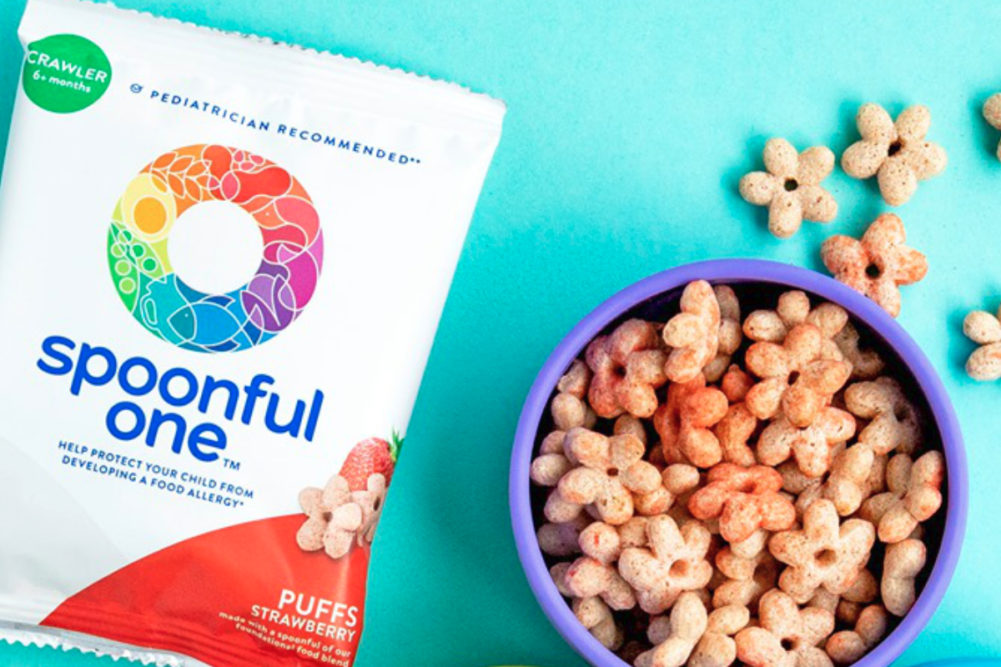
For example, not so long ago, the already mentioned Nestle Health Science acquired a minority stake in Before Brands from San Francisco, USA. The company makes SpoonfulOne-branded products designed to help prevent food allergy symptoms.
As part of the agreement, Nestle Health Science loses all licensing rights to Before Brands products outside the United States. Nestle has also secured the option to purchase all remaining Before Brands shares in the future.
“This investment expands our allergy prevention business,” said Greg Behar, CEO of Nestle Health Science. “The prevalence of food allergies among children is increasing, however, studies have shown that if a potential food allergen is addressed at a very early age, it can reduce the development of food allergies by up to 80%.”
SpoonfulOne is a convenient and natural solution in line with Nestle’s new mission of living a healthier life through nutrition. The product is aimed at parents who would normally find it very difficult to achieve «sequential immune system training» against 16 different allergens on their own.
The Before Brands product line includes liquid formulas for babies up to four months of age and a nutritional supplement for babies who can already chew solid foods. The products are currently available on SpoonfulOne.com and Amazon.
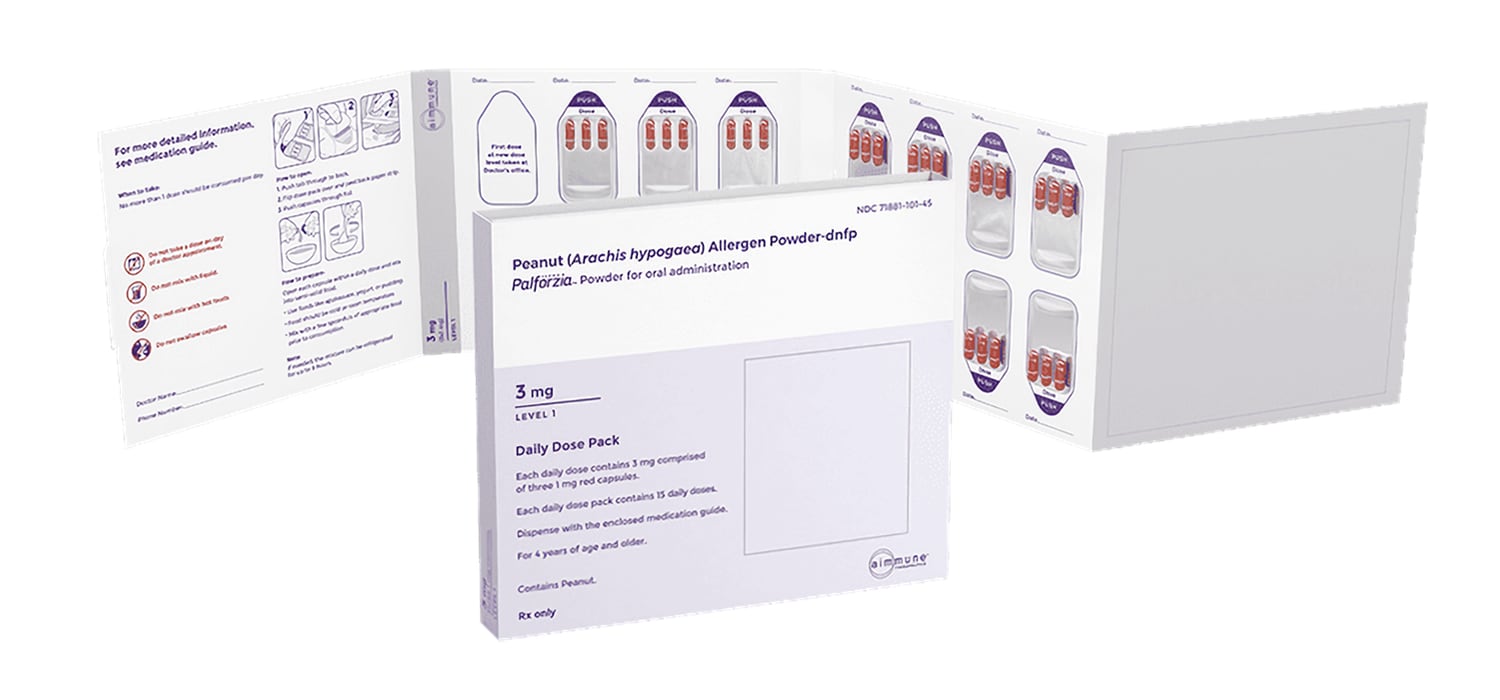
Nestle SA’s next interest was in the acquisition of Aimmune Therapeutics, Inc. (Brisbane, California). The developer, which commercializes not so much the prevention of food allergies, but also effective methods of its treatment, was valued at $2.6 billion.
Aimmune owns the FDA-approved product Palforzia, designed to reduce the frequency of an allergic reaction to peanuts in children ages 4 to 17. In addition, the company’s products in development include solutions for the prevention of allergies to other nuts, the fight against the very troublesome exocrine pancreatic insufficiency, and several microbiome therapeutics for ulcerative colitis.
The deal closed in the fourth quarter of 2020. Prior to this, Nestle owned a 26% stake in Aimmune Therapeutics — the initial investment in the developer was made back in 2016.
This acquisition demonstrates the level of support for Palforzia, and also raises the potential for consumers around the world living with food allergies, if you can imagine the Swiss food giant’s distribution influences.
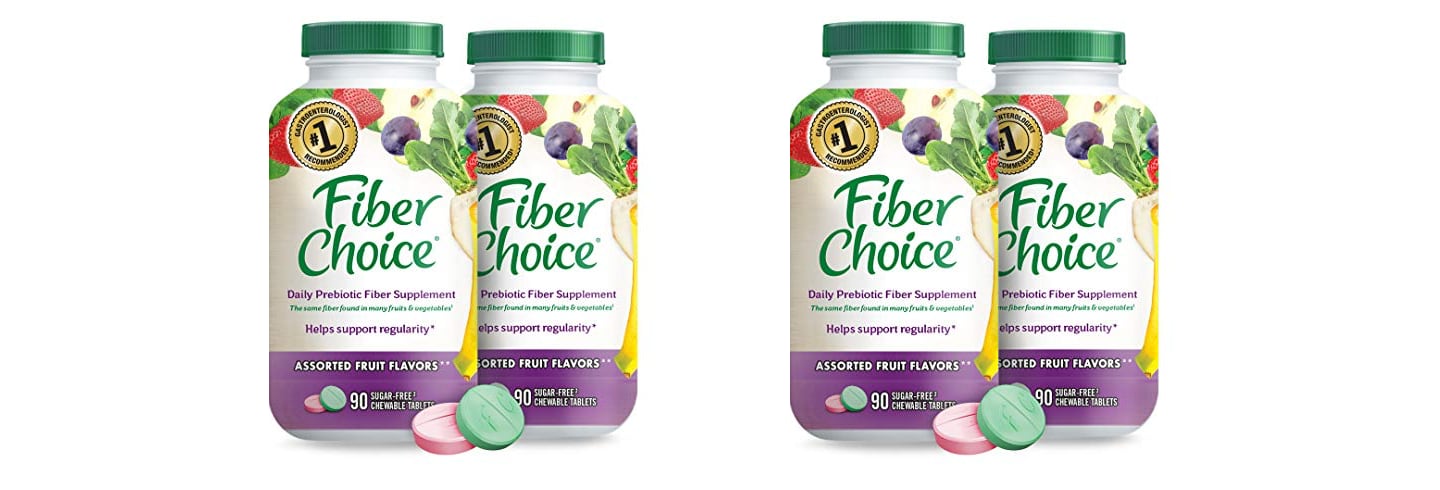
In addition, Nestle Health Science entered into an agreement to acquire IM HealthScience of Boca Raton, Florida. The company develops products targeted at unmet medical needs under the IBgard, FDgard, Fiber Choice and REMfresh brands.
IBgard and FDgard are indicated for the dietary management of irritable bowel syndrome and functional dyspepsia. Fiber Choice is a line of prebiotic fibers in convenient chewable tablets, and REMfresh is a melatonin supplement for sleep. The terms of this agreement were not disclosed.
Now Nestle’s management is addressing issues of ensuring consistency between these enterprises. New acquisitions should complement each other both in terms of parent brand architecture and in terms of price points and distribution channels.
Aligning the interaction of internal costs is also a priority. The company currently uses several co-packers for production and will look for ways to improve efficiency. In addition, the production capabilities of the acquired companies are planned to be used for less competitive products in the Nestle Health Science portfolio.
High level of preparedness
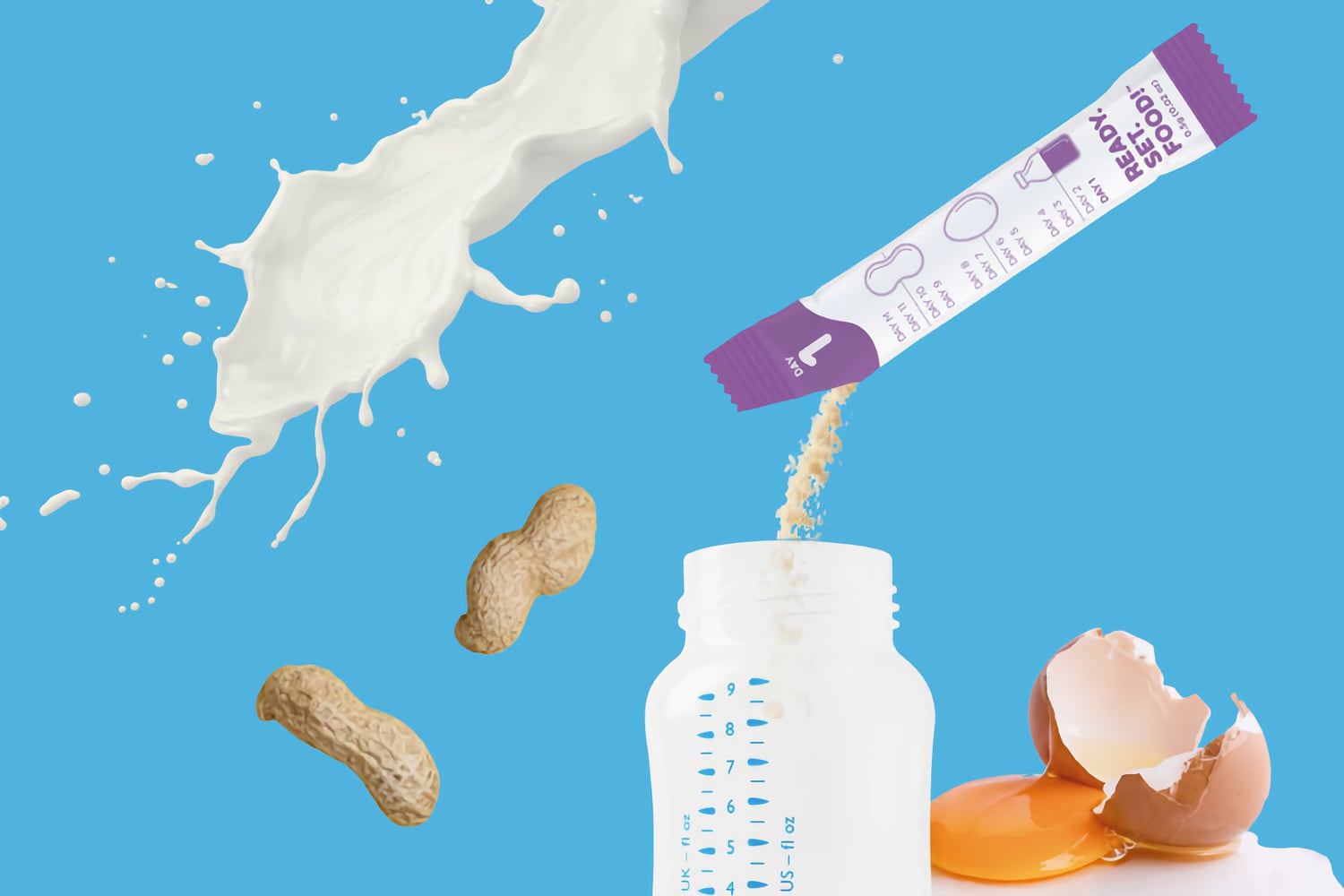
The huge interest in food allergy products can be shown by other manufacturers. For example, the division of Danone Manifesto Ventures, which is responsible for the investment development of Danone SA Corporation.
In the summer of 2020, $3 million was invested in Ready, Set, Food!, a company specializing in the prevention of food allergies in children. Among the other participants in the round was the legendary investor Mark Cuban.
Founded in 2017, Ready, Set, Food! offers two top solutions — Peanut Only and Peanut +, which are a comprehensive system to counteract allergic reactions to milk, eggs and nuts. To avoid trouble from common allergens, adding one packet daily to your baby’s bottle or food is enough. Innovative products can reduce the risk of developing food allergies by up to 80%.
In collaboration with Danone Manifesto Ventures in Ready, Set, Food! look forward to helping bring critically needed attention to parent food allergies everywhere. “Danone is one of the world’s leading children’s nutrition companies and we look forward to using our strong relationship with their [Danone Manifesto Ventures] team to continue our work to prevent the most serious food allergies in children,” says Daniel Zakowski, CEO and co-founder of Ready, Set, Food!
Allergy product in Ready, Set, Food! was developed by a team of physicians, parents and experts including pediatric allergist Jonathan Spergel and Gary Rachelefsky, MD, former president of the American Academy of Allergy, Asthma and Immunology.
The interest of food producers in the sector is stimulated mainly by passionate parents. Who is more interested than they are, if not cured, then alleviate the condition of their children and improve their quality of life? The “health starts from the first days of life” paradigm is shared by Nestle, Danone and beyond.
Active participants see it as their mission to produce and early adopt simple and easy-to-use specialized products to reduce food allergies. First of all, among the weakest and most unprotected segments of the population — children.
The health of future generations is one of the most important missions of a socially responsible business that wants to benefit families while improving the lives of consumers around.
